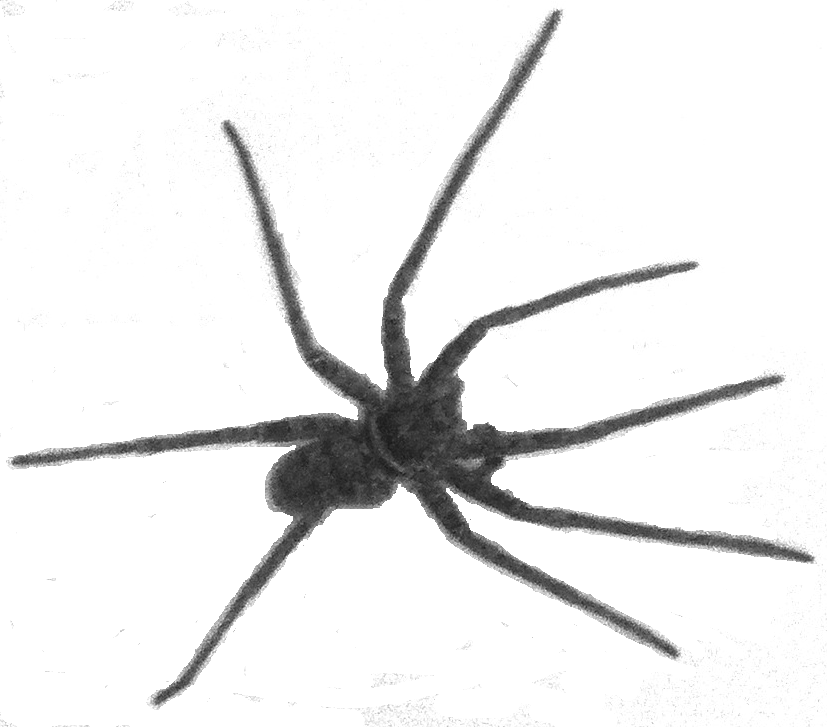Reserva Ecológica Carnijo
Basic information
Sample name: Reserva Ecológica Carnijo
Sample aka: Santa Beatriz do Carnijó Private Natural Heritage Reserve
Reference: F. Dantas-Torres, F. A. M. Soares, C. E. B. P. Ribeiro, M. R. M. Daher, G. C. Valença, and M. P. Valim. 2009. Mites (Mesostigmata: Spinturnicidae and Spelaeorhynchidae) associated with bats in northeast Brazil. Journal of Medical Entomology 46(3):712-715 [ER 447]
Geography
Country: Brazil
State: Pernambuco
Coordinate: 8° 7' 7" S, 35° 5' 32" W
Coordinate basis: stated in text
Geography comments: "in the municipality of Moreno"
Environment
Habitat: tropical/subtropical dry broadleaf forest
Altered habitat: fragment
Protection: nature reserve
Substrate: ground surface
MAT: 25.0
MAP: 1025.0
Habitat comments: described by Soares et al. (2017, Revista Brasileira de Zoociências) as "25 hectares of Atlantic Forest, surrounded by sugarcane plantations and pastures. The rainy season typically lasts from April to August... The bat individuals were captured" at "the forest edge, natural clearings, next watercourses, and roosts"
MAP is based on Soares et al. (2017)
MAT is for the Reserva Ecológica Gurjaù and is from Oliveira et al. (2015, Brazilian Journal of Biology)
MAP is based on Soares et al. (2017)
MAT is for the Reserva Ecológica Gurjaù and is from Oliveira et al. (2015, Brazilian Journal of Biology)
Methods
Life forms: bats
Sampling methods: no design,mist nets
Sample size: 326 captures or sightings
Years: 2007, 2008
Days: 24
Nets or traps: 4
Net or trap nights: 96
Sampling comments: two collection events (presumably one night each) per month for 12 months: the number of net nights is unclear from Dantas-Torres et al. (2009)
according to Soares et al. (2017): "Four mist nets (12 m x 3 m, mesh 25 mm) were set between 18:00 h and 00:00 h on two to four nights during each month during the study period (May–November 2006 and March 2007–February 2008)" and also "Bats were captured in daytime roosts using a hand-net"; there were a total of 43 study nights over the three years
the seven months of 2006 data are not included by Dantas-Torres et al., who report on the 12 months of 2007 to 2008 data, suggesting there were 2.26 nights per month = 27 nights over 2007 to 2008 (roughly consistent with 24)
according to Soares et al. (2017): "Four mist nets (12 m x 3 m, mesh 25 mm) were set between 18:00 h and 00:00 h on two to four nights during each month during the study period (May–November 2006 and March 2007–February 2008)" and also "Bats were captured in daytime roosts using a hand-net"; there were a total of 43 study nights over the three years
the seven months of 2006 data are not included by Dantas-Torres et al., who report on the 12 months of 2007 to 2008 data, suggesting there were 2.26 nights per month = 27 nights over 2007 to 2008 (roughly consistent with 24)
Metadata
Sample number: 803
Contributor: John Alroy
Enterer: John Alroy
Created: 2014-04-14 13:08:36
Modified: 2020-06-05 06:47:58
Abundance distribution
17 species
4 singletons
total count 326
geometric series index: 27.9
Fisher's α: 3.811
geometric series k: 0.7138
Hurlbert's PIE: 0.5298
Shannon's H: 1.3853
Good's u: 0.9878
Each square represents a species. Square sizes are proportional to counts.
• Find matching samples
Register
| Phyllostomus discolor | 14 | 40.3 g nectarivore-frugivore |
| Artibeus planirostris | 9 | 54.4 g frugivore |
| Artibeus lituratus | 12 | 68.5 g frugivore |
| Platyrrhinus lineatus | 19 | 22.7 g frugivore |
| Sturnira lilium | 3 | 18.7 g frugivore |
| Carollia perspicillata | 220 | 19.6 g frugivore |
| Peropteryx macrotis | 2 | 5.9 g insectivore |
| Rhynchonycteris naso | 1 | 3.7 g insectivore |
| Desmodus rotundus | 5 | 33.5 g sanguinivore |
| Lonchorhina aurita | 1 | 17.0 g insectivore |
| Lophostoma brasiliense | 2 | 10.2 g insectivore-carnivore |
| Lophostoma silvicolum | 1 | 29.4 g insectivore-carnivore |
| Trachops cirrhosus | 3 | 31.4 g insectivore-carnivore |
| Artibeus cinereus | 23 | 11.1 g frugivore |
| Artibeus obscurus | 6 | 39.2 g frugivore |
| Glossophaga soricina | 4 | 10.5 g frugivore-nectarivore |
| Molossus rufus | 1 | 36.5 g insectivore |


